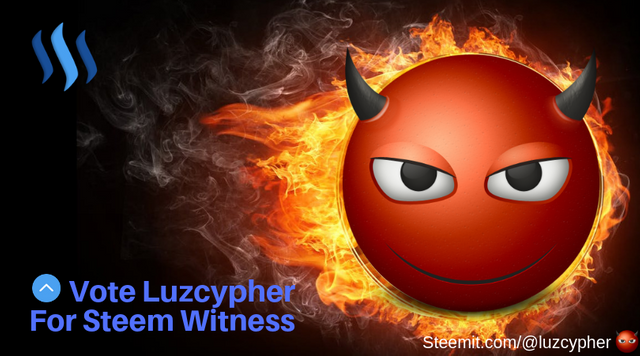How Media Bias Distorts Reality
The media has done such a good just of brainwashing people without them being aware of it that people will actually organize and vote against their own interests. As long as the issue or debate in question is framed a certain way that triggers a negative reaction in the person hearing it, they will react predictably.
For example, we all know there are lots of people who don't like Trump. Even when he has good ideas that would help our society, just attaching his name to the idea can elicit a negative reaction. Could this be why the media continuously associates his name with negativity?
Let me show you an live example of this playing out.
Liberal college students don't care much for Donald Trump's new tax plan...unless of course they're told that Bernie Sanders came up with it.
Students at American University hated some of President Trump's quotes on illegal immigration... before finding out the quotes were from Chuck Schumer, Barack Obama, and Hillary Clinton.
Notice how each of the students gave almost the same reaction when they learned that it was Trump that said those things and not Bernie, Nancy, Chuck, or Hillary. The said, "That's interesting."
That response acts as a bridge when presented with new information that challenges one's current beliefs giving the person more time to formulate a response. In this case, the topic itself was not interesting, just the fact that the statement they were in favor of and felt they could support did not come from the source they thought it did. At that moment they are experiencing cognitive dissidence and didn't know how to react.
What I find really interesting is how receptive they were to the ideas when they believed they originated from people who they aligned with ideologically and what role the media played in formulating those preconceived biases. I also find it interesting that the very same ideas originating from a source they do not align with ideologically could be discarded before even considering them in a meaningful way.
Stanford students were handed packets of information about a pair of firefighters, Frank K. and George H. Frank’s bio noted that, among other things, he had a baby daughter and he liked to scuba dive. George had a small son and played golf. The packets also included the men’s responses on what the researchers called the Risky-Conservative Choice Test. According to one version of the packet, Frank was a successful firefighter who, on the test, almost always went with the safest option. In the other version, Frank also chose the safest option, but he was a lousy firefighter who’d been put “on report” by his supervisors several times. Once again, midway through the study, the students were informed that they’d been misled, and that the information they’d received was entirely fictitious. The students were then asked to describe their own beliefs. What sort of attitude toward risk did they think a successful firefighter would have? The students who’d received the first packet thought that he would avoid it. The students in the second group thought he’d embrace it.
Even after the evidence “for their beliefs has been totally refuted, people fail to make appropriate revisions in those beliefs,” the researchers noted. In this case, the failure was “particularly impressive,” since two data points would never have been enough information to generalize from.
The Stanford studies became famous. Coming from a group of academics in the nineteen-seventies, the contention that people can’t think straight was shocking. It isn’t any longer. Thousands of subsequent experiments have confirmed (and elaborated on) this finding. As everyone who’s followed the research—or even occasionally picked up a copy of Psychology Today—knows, any graduate student with a clipboard can demonstrate that reasonable-seeming people are often totally irrational. Rarely has this insight seemed more relevant than it does right now. Still, an essential puzzle remains: How did we come to be this way? source
Related Posts
[Are Our College Campuses Teaching Division And Racism?]https://steemit.com/news/@luzcypher/are-our-college-campuses-teaching-division-and-racism)
[The Media's New Mantra Is Dump On Trump[(The Media's New Mantra Is Dump On Trump[(https://steemit.com/news/@luzcypher/the-media-s-new-mantra-is-dump-on-trump)
Luzcypher's Announcement For Steem Witness




Hi @luzcypher!
Your post was upvoted by @steem-ua, new Steem dApp, using UserAuthority for algorithmic post curation!
Your UA account score is currently 6.671 which ranks you at #131 across all Steem accounts.
Your rank has dropped 2 places in the last three days (old rank 129).
In our last Algorithmic Curation Round, consisting of 222 contributions, your post is ranked at #14.
Evaluation of your UA score:
Feel free to join our @steem-ua Discord server